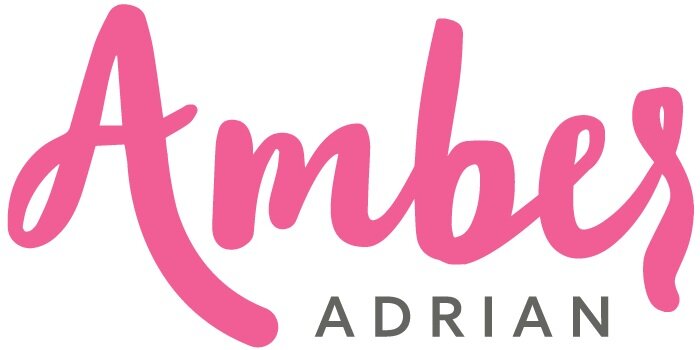What is money? How does it come to you?
Money is just like everything else - a flow. We've assigned it great importance because in this world we've made money mean security. Money to most of us means a roof over our head, food in the fridge, and a sure future. But money is no different than anything else. Money begins in your mind. Money shows you the truth about yourself, about what you've made the flow of your life mean, where you are and aren't allowing yourself to receive.
Love flows to you when you let yourself feel love for what's around you. Peace flows to you when you decide it's okay to feel peace. Money flows to you when you've decided that you can allow yourself to have what you need, what you want, what you truly desire. Money heightens these lessons because we've attached so much importance and so much of our wellbeing on the amount of money we have. We choose the amount that makes us feel safe. Some feel safe with ten dollars, some feel safe with ten thousand or ten million dollars. It is arbitrary. Money is arbitrary.
Money is not our security or our savior. Money is only a means, a means to know ourselves better, a means to get what we want. But money is not the gatekeeper to love or security or freedom. We can have these things with or without money.
Money works best when we share something we value - our art, our time, our knowledge - and receive in return. Money is simply an idea, an idea that works best when it feels fun, when it feels like simply another way to accept in the flow. You send out, you accept back, in an infinitely looping figure eight.
Care for it, love it, share it, send it back into the world for things you love and value - that's when money can truly do its job. Money doesn't need to be a receptacle for our shame and our fear and our disappointment. It can be, if that's what you require to learn what you've decided to learn. But money can simply be another tool that allows you to play in the world.
No moral value or judgment is attached to money. Receiving what feels like a large amount of money for value you put into the world does not carry the weight of "good" or "bad" - it's simply the product of a decision you've made. But the decision can't simply be made on the surface. The decision of what you're worth must be made within your deepest, darkest depths. By accepting and loving those deep, dark depths you can integrate them into the wholeness of your life, your soul, and your experience. When you do not judge yourself or others, you will not judge money. When you do not judge money, you have removed enormous blocks to allowing yourself to have it.
Money is like love - it comes to you when you allow it, when you welcome it, when you prepare yourself for it. Preparing yourself for it does not need to take time, it does not need to be another barrier. Preparation is simply something you have previously assigned yourself.
If you don't have the money you think you need or want, rejoice. You have just been accepted into the PhD program of your choice and you are about to learn how to conquer the world. As you go through the process of learning how to accept and have the money you would like, trust that you won't be abandoned, you won't be left, you won't be assigned to suffer. Allow yourself to have what you need without money and trust that as you step forward, one step after another, you will learn all you need about money - that it was never about money and it was always about yourself.





